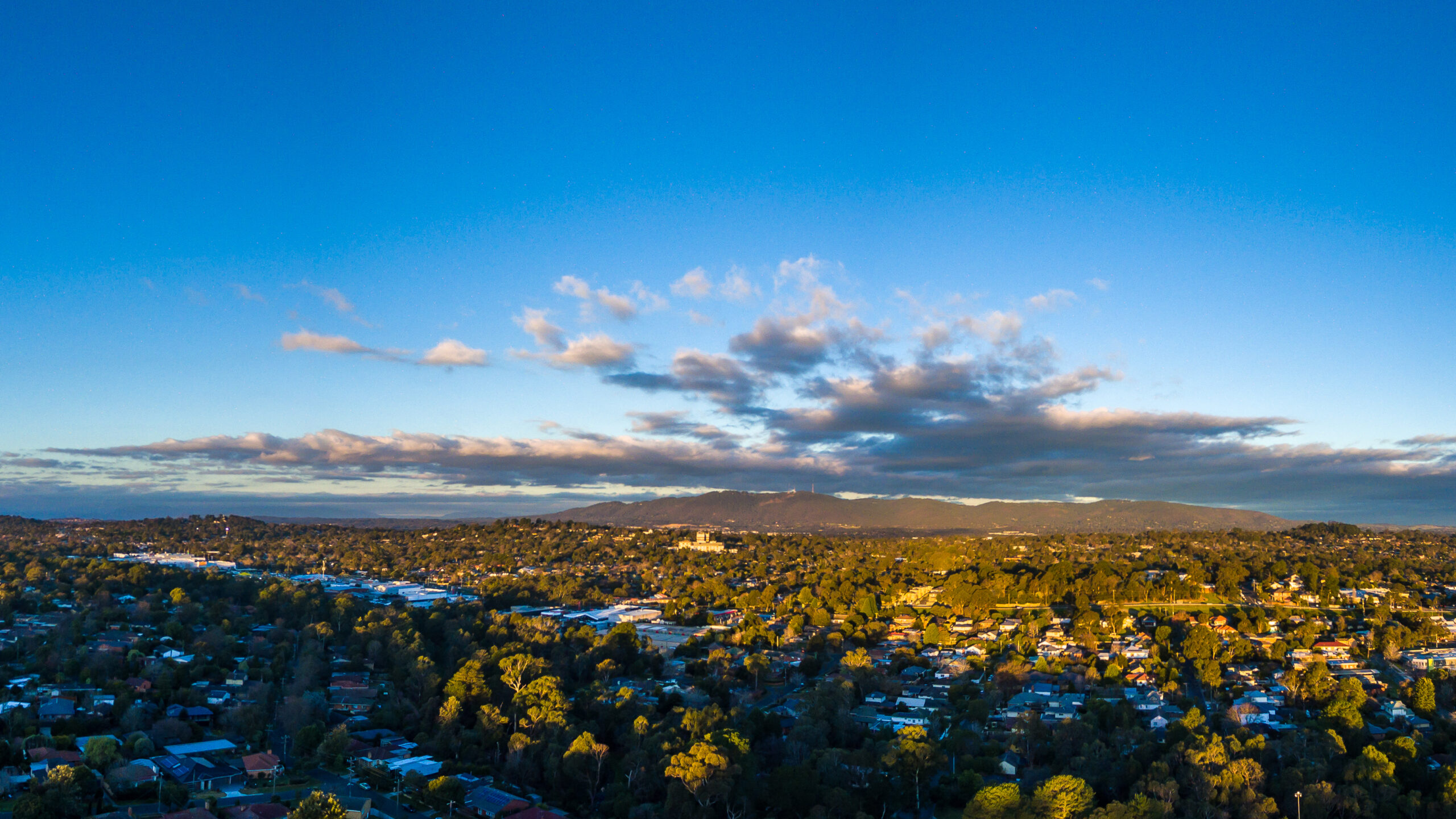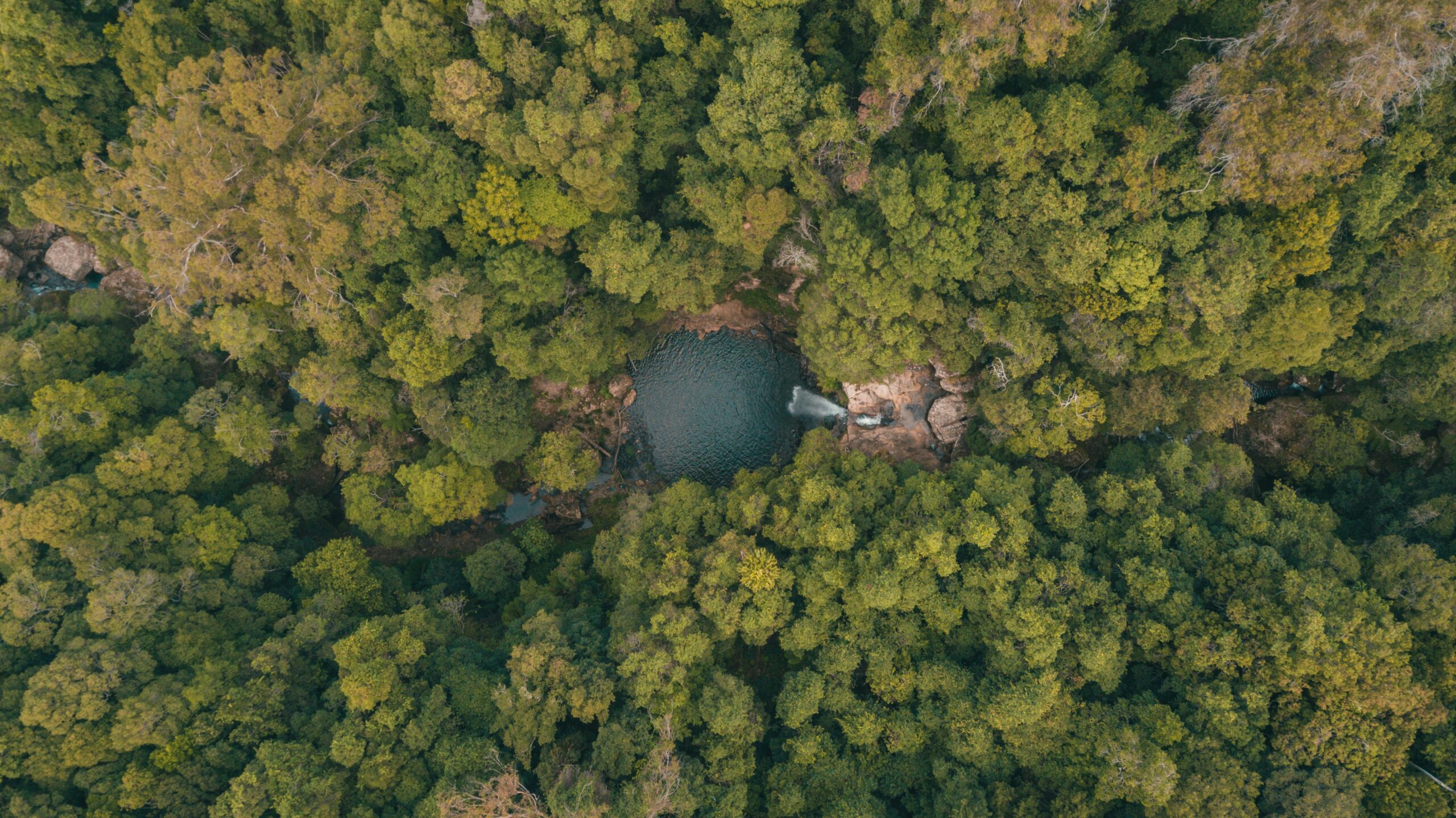Cascading Climate Risks and Critical Infrastructure Failure
To help Sunshine Coast and Noosa Councils address escalating climate risks, we led a project assessing cascading infrastructure failures and their impacts on council services — developing strategies to strengthen resilience, governance, and adaptive capacity across the region.

Queensland frequently faces extreme climate events such as floods, droughts, heatwaves, and bushfires, which are expected to intensify due to climate change. These events pose significant risks to councils’ essential services and critical infrastructure, including energy, water, transport, and communication systems. The IPCC Sixth Assessment Report highlights the cascading failures that can result from disruptions to these interconnected systems, leading to widespread societal impacts.
Recognising these risks, Sunshine Coast and Noosa Shire Councils launched the Regional Climate Action Roadmap (RCAR) in 2022, piloting the Queensland Climate Resilient Council’s Climate Risk Management Framework. Through this initiative, it became evident that disruptions to critical infrastructure would have major cascading effects on council services, affecting social, environmental, and economic stability.
To address these challenges, we were commissioned to lead the Sunshine Coast and Noosa Cascading Climate Risks and Critical Infrastructure Failure Project. Our work involved stakeholder engagement, risk assessment, and strategic planning to enhance regional resilience. We systematically explored complex climate risks from critical infrastructure failure to each of Councils’ services to identify management, operational and organisational governance interventions that can enhance resilience in this climate-evolving context within the region. This project has strengthened council preparedness and ensure best-practice adaptive climate risk management.


